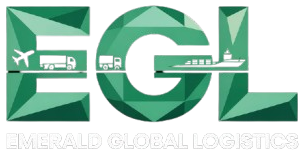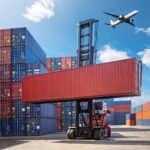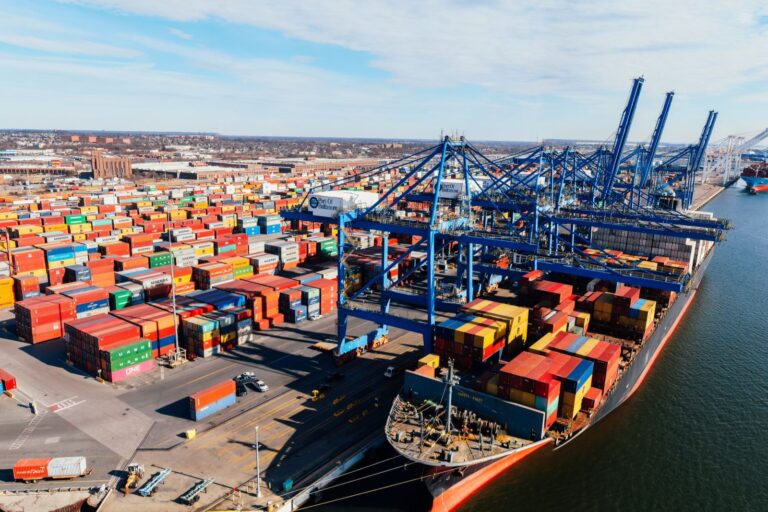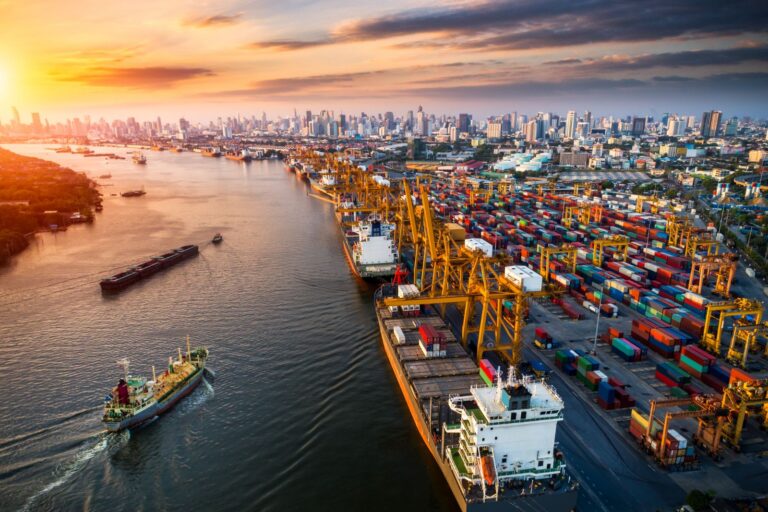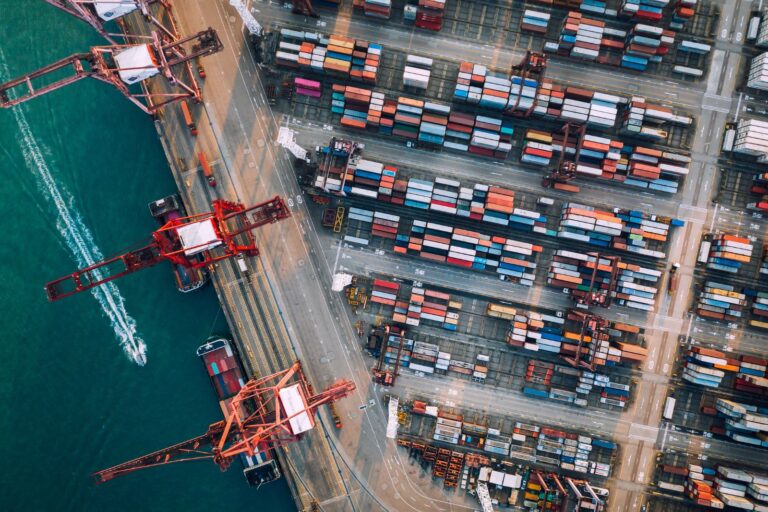Expanding a business internationally can be both rewarding and complex. Understanding the fundamentals of international trade basics Australia is essential for businesses aiming to import or export goods efficiently and compliantly.
From navigating customs regulations to selecting the right logistics partner, every step requires careful planning. Missteps can lead to financial losses, shipment delays, or regulatory penalties.
At EGL – Emerald Global Logistics, we provide expert solutions in international shipping, freight forwarding, and supply chain management, helping Australian businesses navigate the complexities of global trade.
What Is International Trade?
International trade involves the exchange of goods and services across countries. For Australian businesses, this includes:
- Exports: Selling local products to overseas markets.
- Imports: Bringing foreign goods into Australia.
- Cross-border services: Consulting, IT, logistics, and more.
The success of international trade relies on understanding trade agreements, tariffs, customs regulations, and logistics planning.
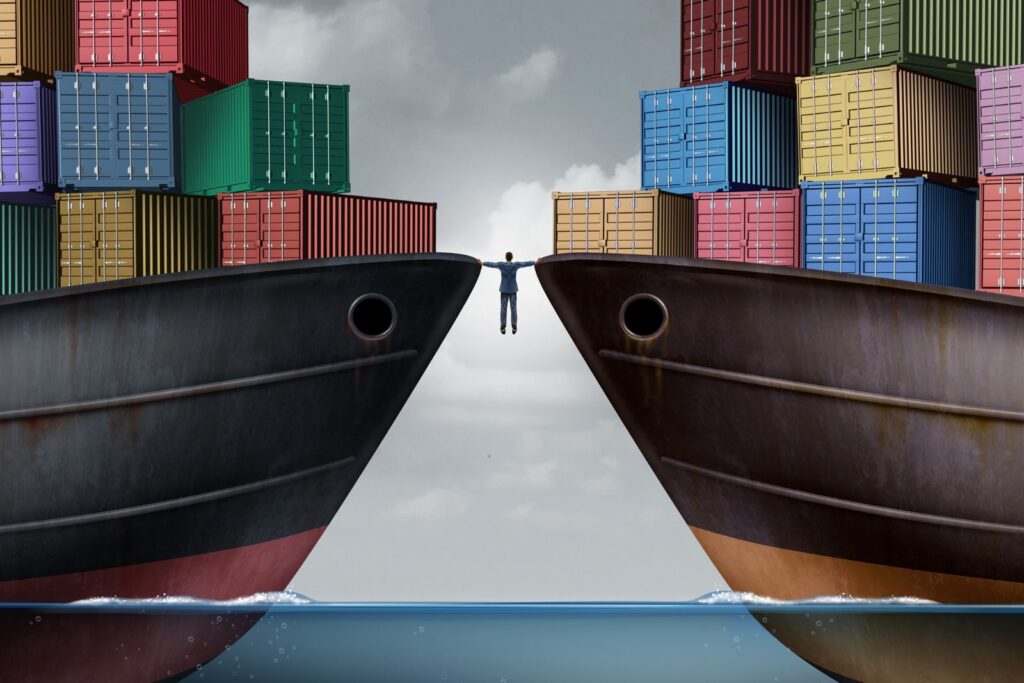
Key Benefits of International Trade
- Market Expansion: Reach global customers beyond Australia.
- Diversified Revenue: Reduce dependency on local markets.
- Access to Resources: Import raw materials or specialised goods.
- Competitive Advantage: Learn global trends and adopt innovations.
- Economies of Scale: Optimise production by targeting larger markets.
How International Trade Works in Australia
Step 1: Understanding Trade Regulations
- Familiarise yourself with Australian Border Force (ABF) rules.
- Know tariffs, quotas, and licensing requirements.
- Check trade agreements with countries like China, Japan, and the UK.
Step 2: Documentation
Key documents include:
- Commercial Invoice – Proof of transaction.
- Packing List – Details of shipped goods.
- Bill of Lading – Transport contract.
- Certificate of Origin – Confirms product origin.
- Import/Export Permits – Required for regulated goods.
Step 3: Choosing a Shipping Method
- Air Freight: Fastest but higher cost, ideal for perishable goods.
- Sea Freight: Cost-effective for bulk shipments.
- Courier Services: Best for small parcels.
Step 4: Partnering with a Logistics Provider
Working with experts like EGL ensures:
- Efficient customs clearance.
- Proper documentation management.
- Safe and compliant transport.
Costs and Pricing Insights
Costs in international trade vary depending on:
- Product type and volume.
- Shipping method (air, sea, or land).
- Customs duties, tariffs, and insurance.
- Packaging and handling requirements.
Tip: Using a freight forwarder can help consolidate shipments, reducing overall costs.
Tips & Best Practices
- Plan Ahead: International shipments take time for customs and transport.
- Understand Tariffs: Factor duties into your pricing strategy.
- Use Reliable Logistics Partners: Choose experts like EGL for compliance.
- Maintain Accurate Records: Helps with audits and regulatory checks.
- Monitor Global Trends: Adjust strategies based on demand and regulations.
Common Mistakes to Avoid
- Incorrectly classifying goods for customs.
- Failing to prepare necessary documentation.
- Underestimating shipping times and costs.
- Ignoring import/export regulations and trade agreements.
- Choosing inexperienced logistics providers.
Use Cases & Examples
- Exporting Wine: Australia’s wine industry exports globally, requiring compliance with packaging, labeling, and customs laws.
- Importing Machinery: Heavy equipment imports need accurate documentation and transport planning.
- E-commerce Products: Online retailers ship globally, ensuring regulatory compliance and safe logistics.
At EGL, we provide tailored solutions for Australian businesses, whether importing raw materials or exporting finished products.
FAQs: International Trade Basics Australia
1. What is considered international trade?
- Exchange of goods and services between Australia and other countries.
2. Do I need a license to export goods?
- Certain regulated items require permits; consult EGL for guidance.
3. How are shipping costs calculated?
- Based on weight, volume, shipping method, and destination.
4. Can small businesses engage in international trade?
- Yes, with proper planning, documentation, and expert support.
5. How does EGL help with international trade?
- EGL manages logistics, customs clearance, documentation, and regulatory compliance.
Conclusion
Understanding international trade basics Australia is vital for businesses aiming to grow globally. Proper planning, regulatory compliance, and expert logistics support can reduce risks, lower costs, and improve efficiency.
At EGL – Emerald Global Logistics, we help Australian businesses navigate international shipping, customs clearance, and supply chain management.
If you’re ready to expand your business globally, contact EGL today for expert support and tailored solutions.
